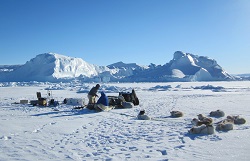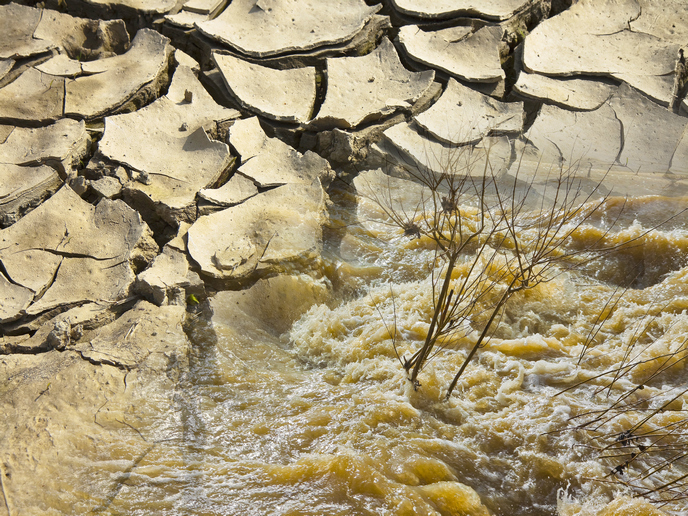The high cost of Arctic change
Changes to the Arctic are setting off complex chain reactions with environmental, social, and economic impacts extending beyond the region. Predicting and anticipating their effects is a formidable task, requiring the coordinated efforts of a broad range of expertise, as well as the involvement of indigenous and local communities. The EU-funded project ICE-ARC(opens in new window) aimed to provide a holistic understanding of the impact of Arctic change. The goal was to quantify the global economic and societal costs of responding to it or failing to respond to it. Researchers focused on cross-discipline collaborations by uniting economists, social scientists and natural scientists and involving indigenous communities in the region, to directly assess the social and economic impact of Arctic sea-ice loss. “Understanding the full extent of Arctic change requires an enormous volume of highly diverse information,” explains project coordinator Dr Wilkinson. “ICE-ARC is responding to this need through multidisciplinary research that blends together societal needs with technology, observations, and models.” Accurate prediction tools benefit society Scientists deployed nearly 50 robotic platforms from a dozen expeditions across the Arctic Ocean. Data from these systems, which was collected and transmitted year-round, were fed into ICE-ARC’s regional oceanic and atmospheric model systems in order to improve our understanding of key Arctic processes. This led to refined mathematical algorithms within global climate models which in turn contributed to more accurate climate predictions. To assess the global cost of Arctic change, ICE-ARC combined the latest sea ice and permafrost simulations from state-of-the-art climate models with current environmental and socio-economic information to produce a more accurate integrated assessment model of the costs associated with Arctic change. Results showed that the acceleration of climate change, driven by thawing Arctic permafrost and melting sea ice, could cause up to USD 130 trillion worth of extra economic losses globally under the current business-as-usual trajectory over the next three centuries. If global warming is limited to 1.5°C, the additional cost will be reduced to under USD 10 trillion. Co-production of knowledge “Nobody better understands or is more sensitive to changes in the Arctic than the people who live there,” comments Dr Wilkinson. “Hence, ICE-ARC worked with the indigenous people of Northwest Greenland to identify trends and to appreciate the impact Arctic climate change is already having on the region, especially within a context of socio-economic transition.” New knowledge and understanding across these diverse sectors was achieved through dedicated meetings and workshops with Arctic communities. The team disseminated the knowledge gained via high-impact scientific papers and educational programmes, dedicated round-tables with industry, high-level sessions and discussions to policy makers, and through wide-reaching public outreach events including school visits. Challenges and lessons learned ICE-ARC delivered a much-improved understanding of the effects and long-term implications of Arctic change, but it has also made clear the scale of the challenges facing our planet. Dr Wilkinson concludes: “We need to continue to strengthen the links between science, policy and society. Cross-sectorial programmes like ICE-ARC provide these connections, enabling policy-makers to develop evidence-based policies that address the dual goals of climate change mitigation, as well as to exploit the economic growth opportunities that a low-carbon society offers.” The work of ICE-ARC will be followed up by the http://www.eu-polarnet.eu/eu-arctic-cluster/ (EU Arctic Cluster) - a collaboration of the EU funded Arctic programmes, led by the http://www.eu-polarnet.eu/ (EU-PolarNet) - see #EUArcticCluster.







